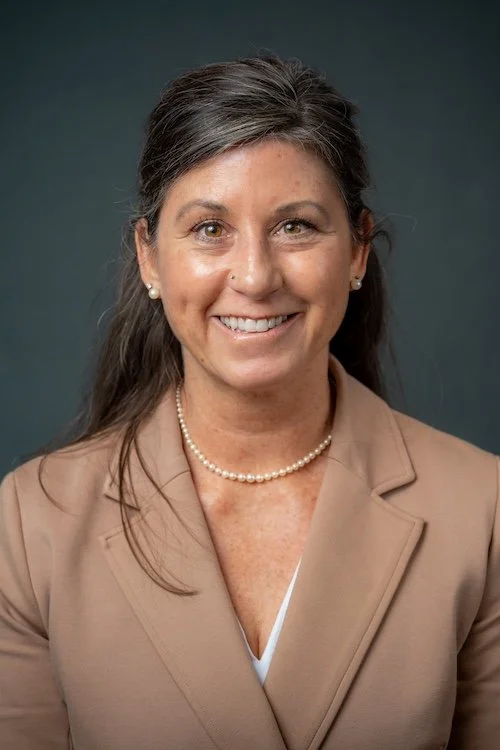Dr. Rebecca A. Stone-Danahy
Educational Leadership Grounded in Service, Stewardship, and Systems Thinking
Scope of Work
I steward, lead, develop, and improve educational systems so schools can thrive through clarity, trust, and thoughtful collaboration. With over thirty years of experience across independent schools, public education, and national education organizations, my work focuses on strengthening academic programs and advancing institutional capacity.
Current Role and National Leadership
I currently serve as Director of AP Art and Design: Curriculum, Instruction, and Assessment at College Board, where I provide academic and systems leadership for a global program supporting thousands of educators and students. I am also a published researcher and contributing author on assessment, equity, and instructional leadership.
My leadership is shaped by a belief that strong schools are built through purposeful systems, sound judgment, and sustained attention to the people responsible for teaching and learning. This site reflects that work in practice—how I lead, steward, develop, and improve educational systems in service of long-term institutional health.
Leadership in Practice
Rebecca’s work spans school-based leadership, national program stewardship, and professional service.
Steward – Leadership philosophy and values
Lead – Institutional leadership and systems
Develop – Educator growth and learning systems
Improve – Sustainable change through systems thinking and disciplined action
Create - Artwork, studio practice, and creative inquiry
“Rebecca’s leadership is evident in the professionalism and clarity she brings to complex work. Her commitment has elevated every AP Art and Design endeavor I have been part of over more than 20 years in the program.”
— AP Art and Design Reading Leader

